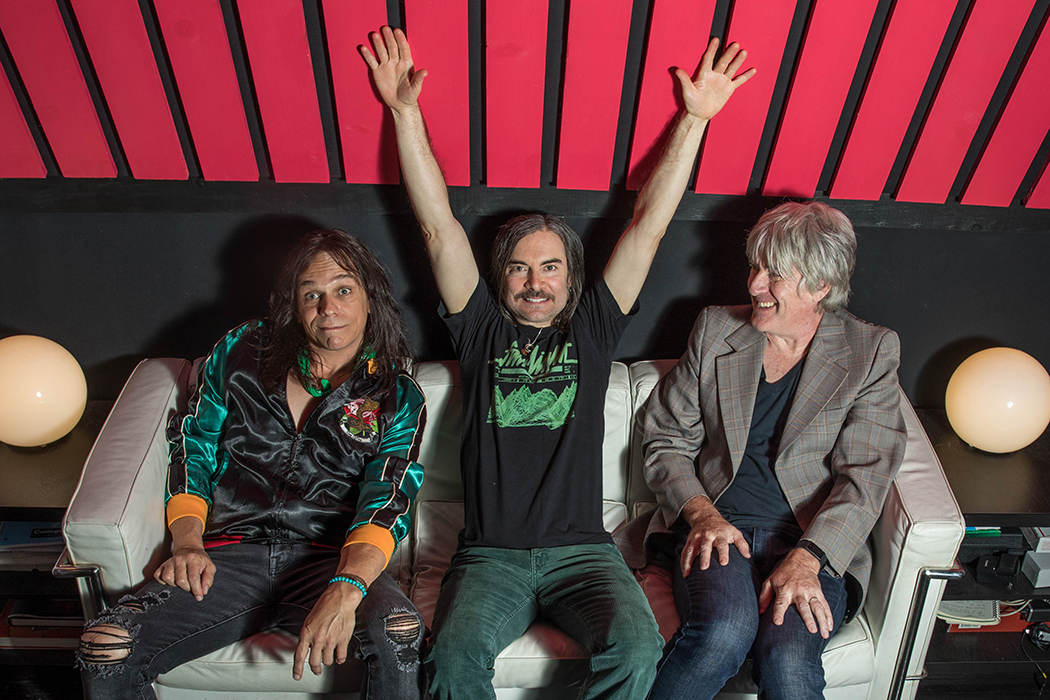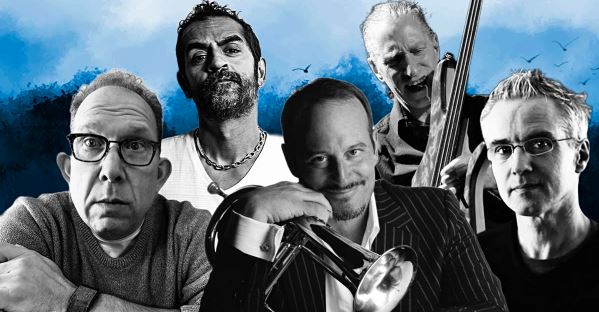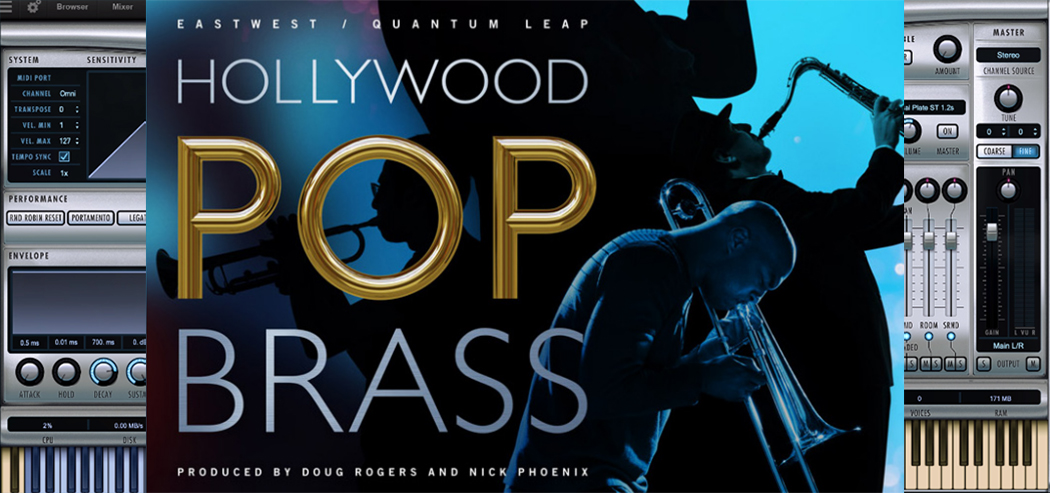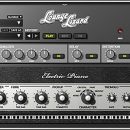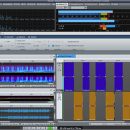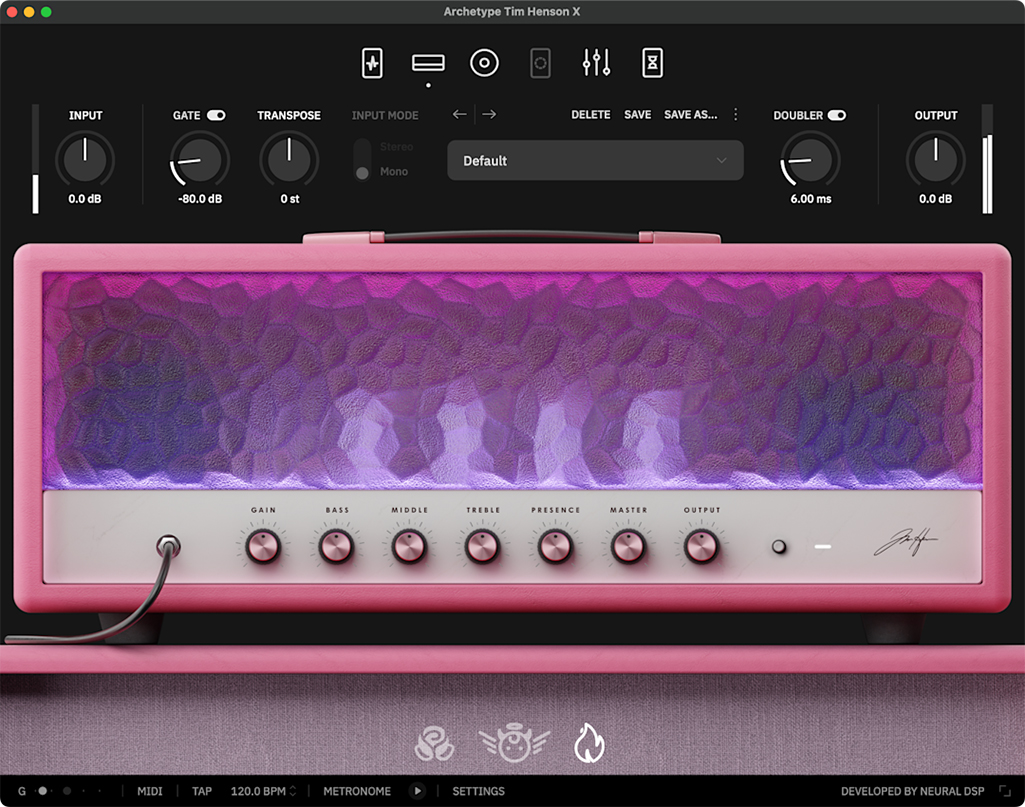 Why You Should Know Him
Why You Should Know Him
Yet another prime example of the UK’s glorious contribution to the world of rock, Marillion guitarist, Steve Rothery, cannot be ignored when examining the guitar greats of the 1980s. Since joining Marillion in 1979, Rothery has contributed to their over 15 million albums sold worldwide beginning with the debut album, Script for a Jester’s Tear in 1983, to their 2016 release, FEAR.
Marillion’s albums have spent plenty of time resting upon the UK’s top album charts, with their 1985 release, Misplaced Childhood, immediately peaking at Number One and remaining on the charts for a total of 41 weeks. Many other releases such as Fugazi, Clutching at Straws, Script for a Jester’s Tear, and Season’s End all reached Top 10 positions during the ‘80s.
Whereas many guitarists from the ‘80s relied solely on their technical chops and their ability to play faster than the last guy to dazzle their audiences, Rothery made the decision to contribute to Marillion’s music as a piece of a bigger picture. Rothery’s genius comes from his taste in determining when to remain in the background and layer chords, and when to kick on the gain and shine through clearly as the lead voice. His parts always exist for a specific reason and are used as a compliment to the other voices in the band rather then as a part that constantly exists above everything else.
Listen to any of Rothery’s work on 1989’s Season’s End and this will become instantly clear as the listener is immersed in an atmospheric soundscape of lush and shimmering clean tones, while ephemeral lead lines throughout often build anticipation to melodic and complex guitar solos.
The Gear
As is the case with many great guitarists, Rothery’s rig consistently changes in order to make improvements to his tone as well as to introduce new elements into his playing. Despite these changes however, Rothery’s tone always remains distinctively unique and recognizable. Though many changes have been made over the years, relatively little tweaking was done to Rothery’s signature sound from 1984’s Fugazi, all the way to 1998’s Radiation. During this time period, Rothery employed the use of a Marshall Master Volume head into a 4x12 cabinet for his crunch tones as well as his heavy chordal sounds.
For most of his clean tones and effects (delays, choruses, and a Boss DS-1 for solos) he used a Roland JC-120 Jazz Chorus amp. Rothery describes his classic solo sound as a Stratocaster loaded with EMG SA pickups into a Boss DS-1, into a digital delay, right into the JC-120. Here’s where you should be taking notes! Also, in case you were wondering, the aforementioned Stratocaster guitars that Rothery used during the ‘80s were highly modified Squire Strats; not Fender Strats. If that’s not a case for the “tone is in the hands” argument then I don’t know what is.
Learn more about Steve Rothery in the numerous interviews we've had with him over the years:
Interview #1, 2007
Interview #2, 2009
Interview #3, 2017
Where Is He Now?
Today, Marillion continues to push forward and maintains an extremely dedicated fan base worldwide. The band has continued to tour, selling out shows and fan conventions worldwide at every turn.
Along with being the band’s longest-standing member, Rothery not only continues to tour and write with Marillion but also finds time for various other musical projects.
Rothery has lent his guitar work to two albums released by folk rock band, The Wishing Tree, whose 2009 release, Ostara, was produced by current Marillion producer, Michael Hunter. Rothery also released a solo album, The Ghosts of Pripyat, in 2014. Again, Rothery showcases his humble approach to the guitar by favoring emotionally-driven and melodic playing that serves as a welcome contrast to the wealth of self-indulgent solo efforts that we have become all too accustomed too. Though we all enjoy 90 minutes of face-melting guitar solos, it’s been done before, and it’s most likely that Rothery agrees.
He released a concert CD/DVD titled Live In Rome, which features a brilliant performance by the Steve Rothery Band and featuring tracks from his album, The Ghosts of Pripyat.
Rothery also launched The British Guitar Academy, “To bring together some of Britain’s top guitarists to pass on their hard-won knowledge and experience to a wider audience through a series of workshops and master classes. The aim is to concentrate not just on technique but also creativity and individuality.” You’ll find Rothery on tour with Marillion in the summer of 2017 and presumably, well beyond.
Bonus Video! Marillion live in 2015, performing "You're Gone," from the brilliant concept double album, Marbles:
Back to the Top 40 Under-Appreciated Guitarists of the 1980s.




